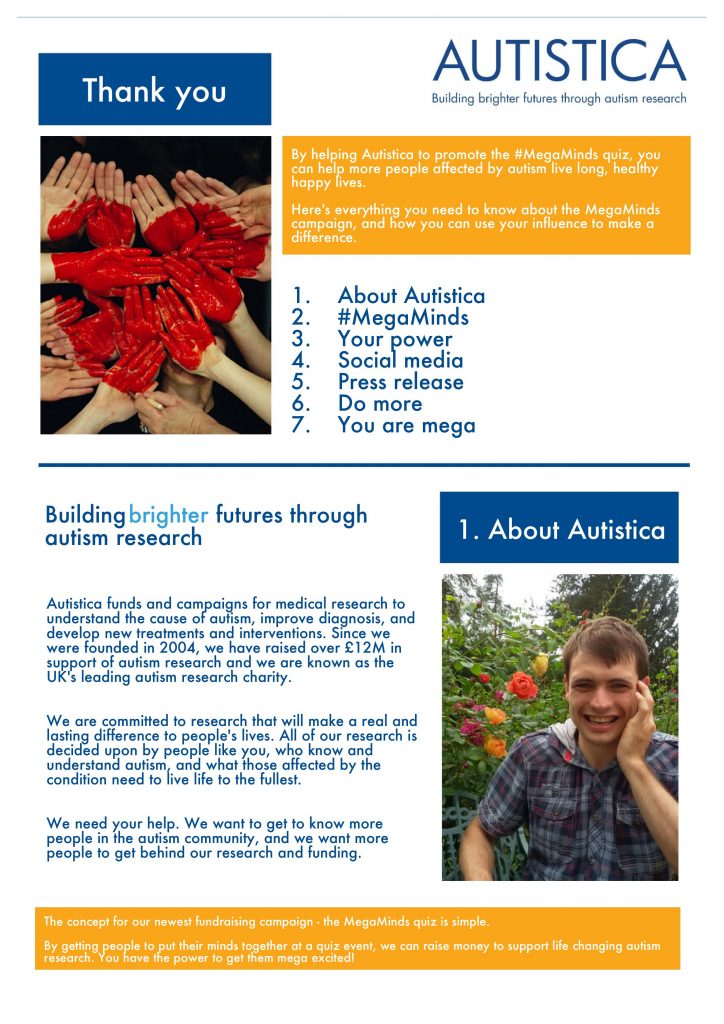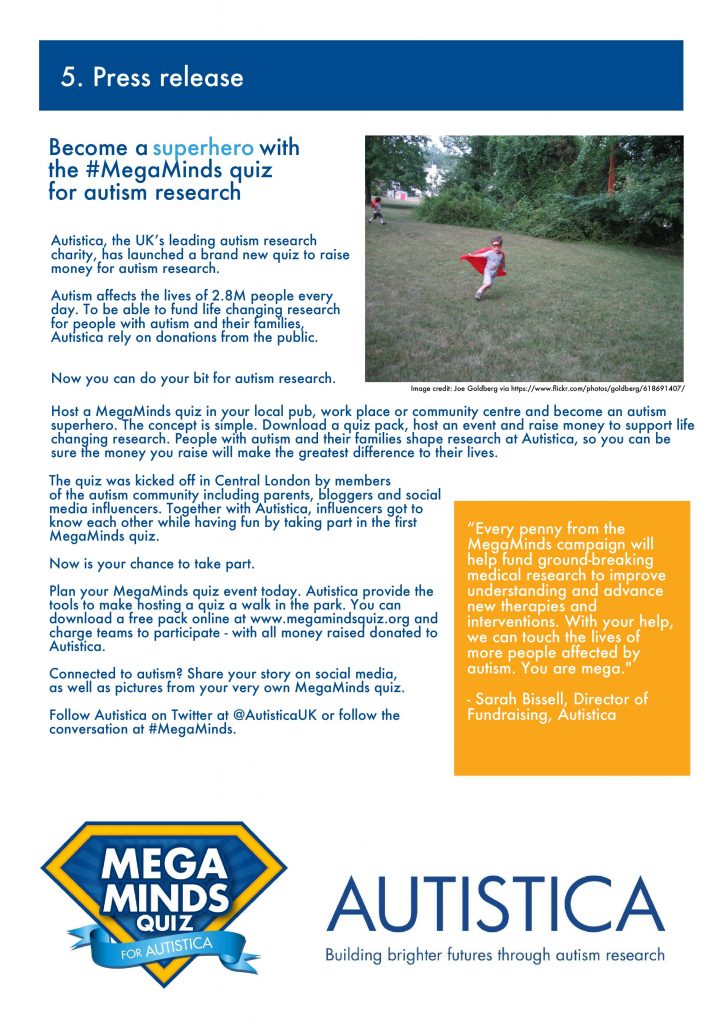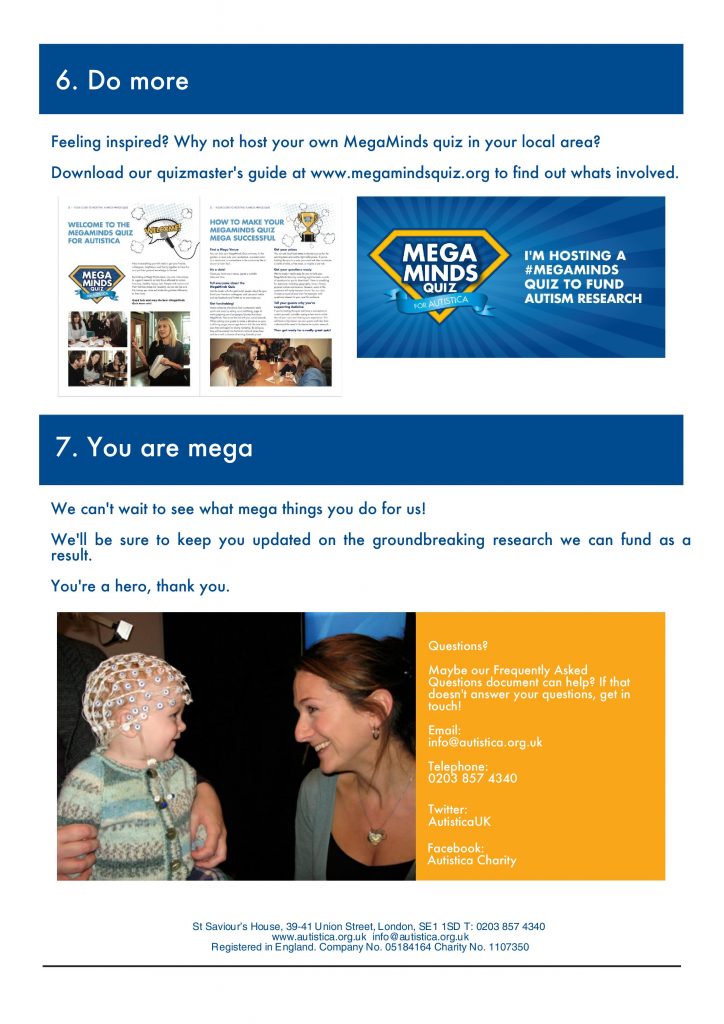Please help Tina Boni , a student at Carlow University, with her survey into autism and parental stress.
Boni writes “My name is Tina Boni and I am a Doctoral Candidate at Carlow University in Pittsburgh, PA completing my dissertation research. My research examines Parental Stress, as related to parenting a child with an Autism Spectrum Disorder. As you probably well know, parenting a child with an autism diagnosis is an incredibly stressful job, and can significantly impact parental mental health, marriage, career, and the relationship between parent and child. This research seeks to better understand how specific individual child factors correlate with parental stress, in an effort to provide more practical insight into family-centered approaches to care.
I am seeking parents (or full-time caregivers) of male or female children, aged 6-18, who have been diagnosed with an Autism Spectrum Disorder of any functioning level to participate in this study. The survey takes approximately 20-30 minutes to complete, and there is a small incentive for participation. Please contact me directly with any questions you might have at tbo@the-institute.org.
Please click on the link below if you wish to participate. Thank you!
https://www.surveymonkey.com/r/ASDparentalstress

Carlow University Autism Research









